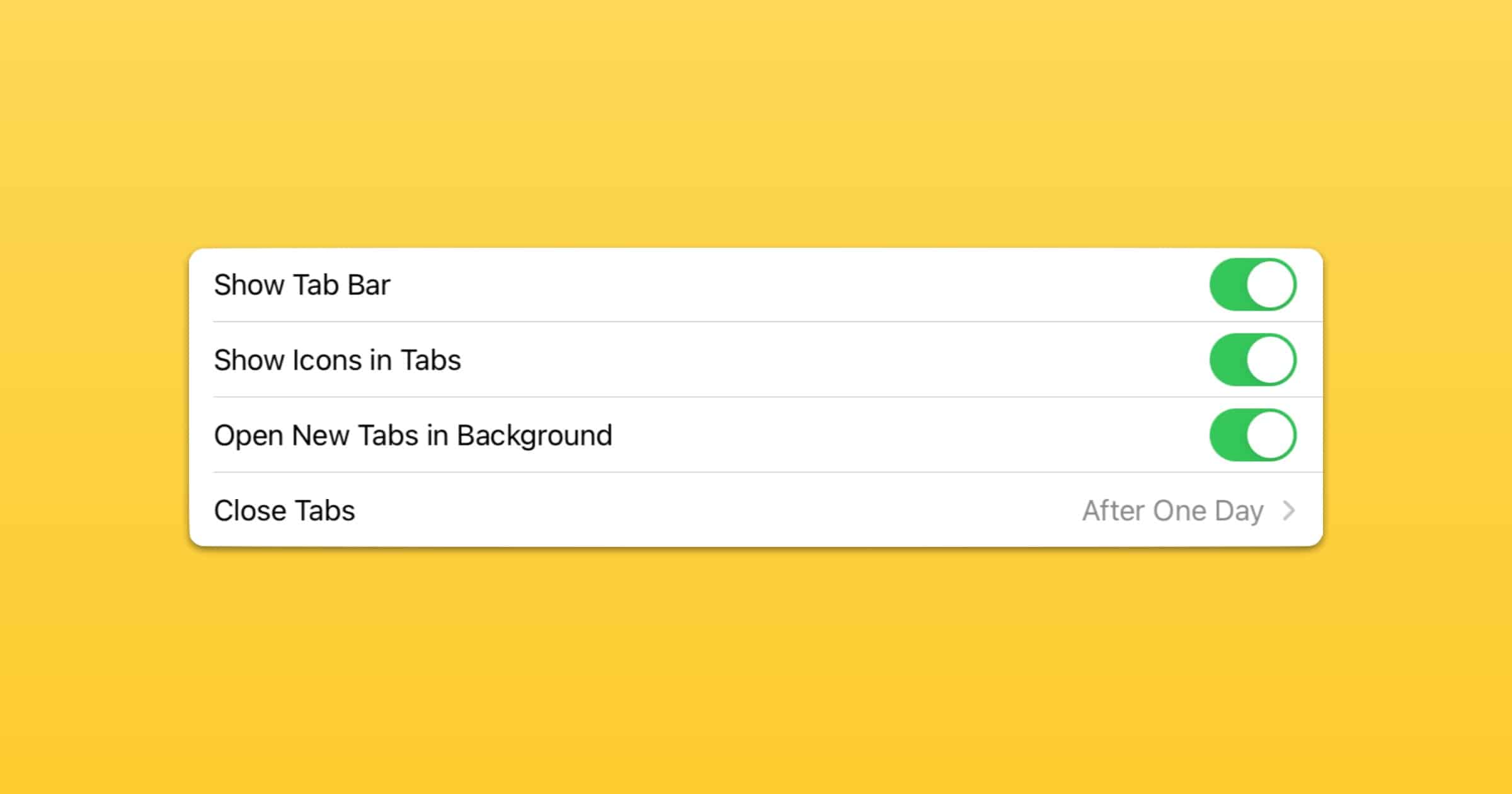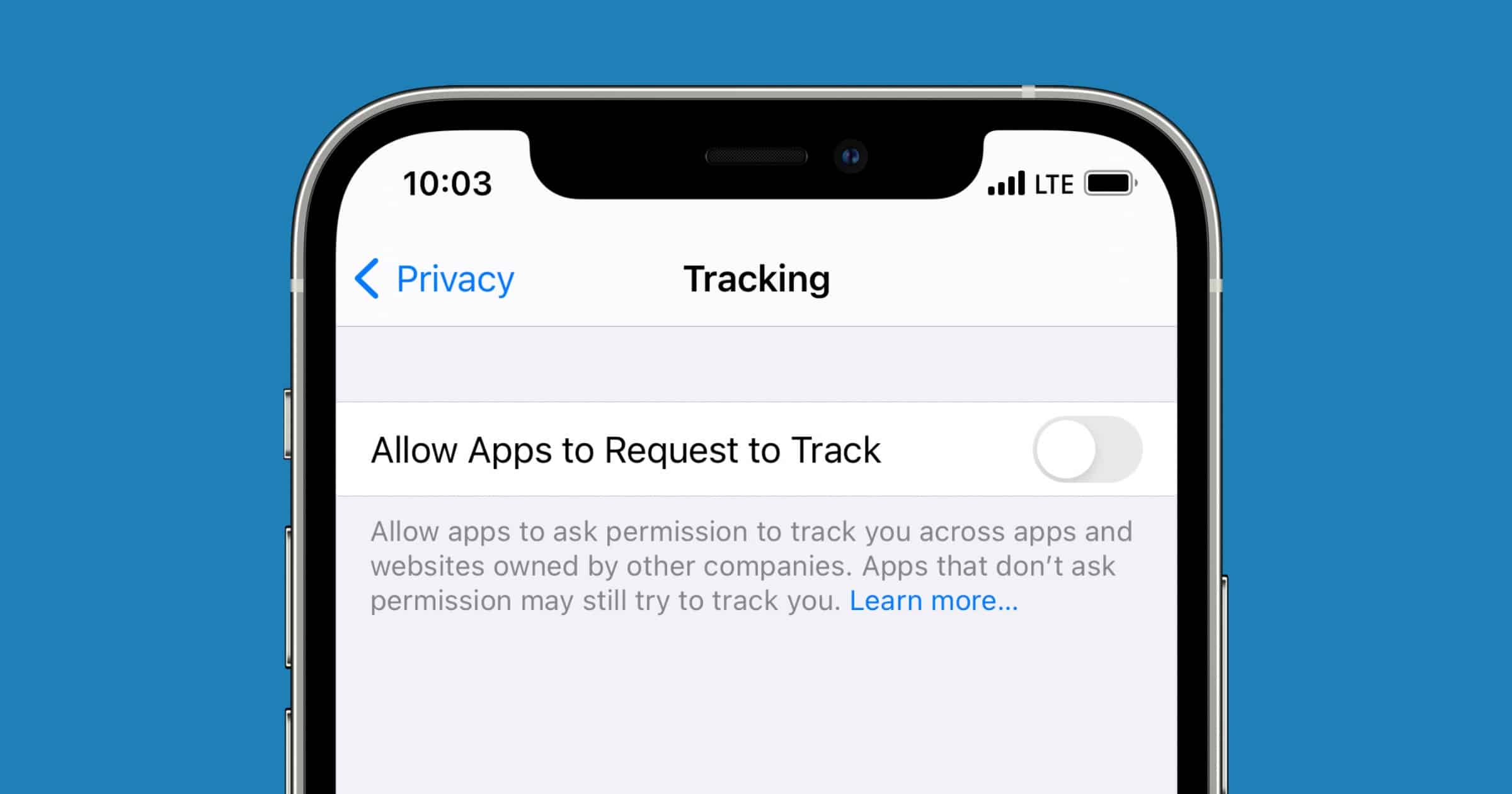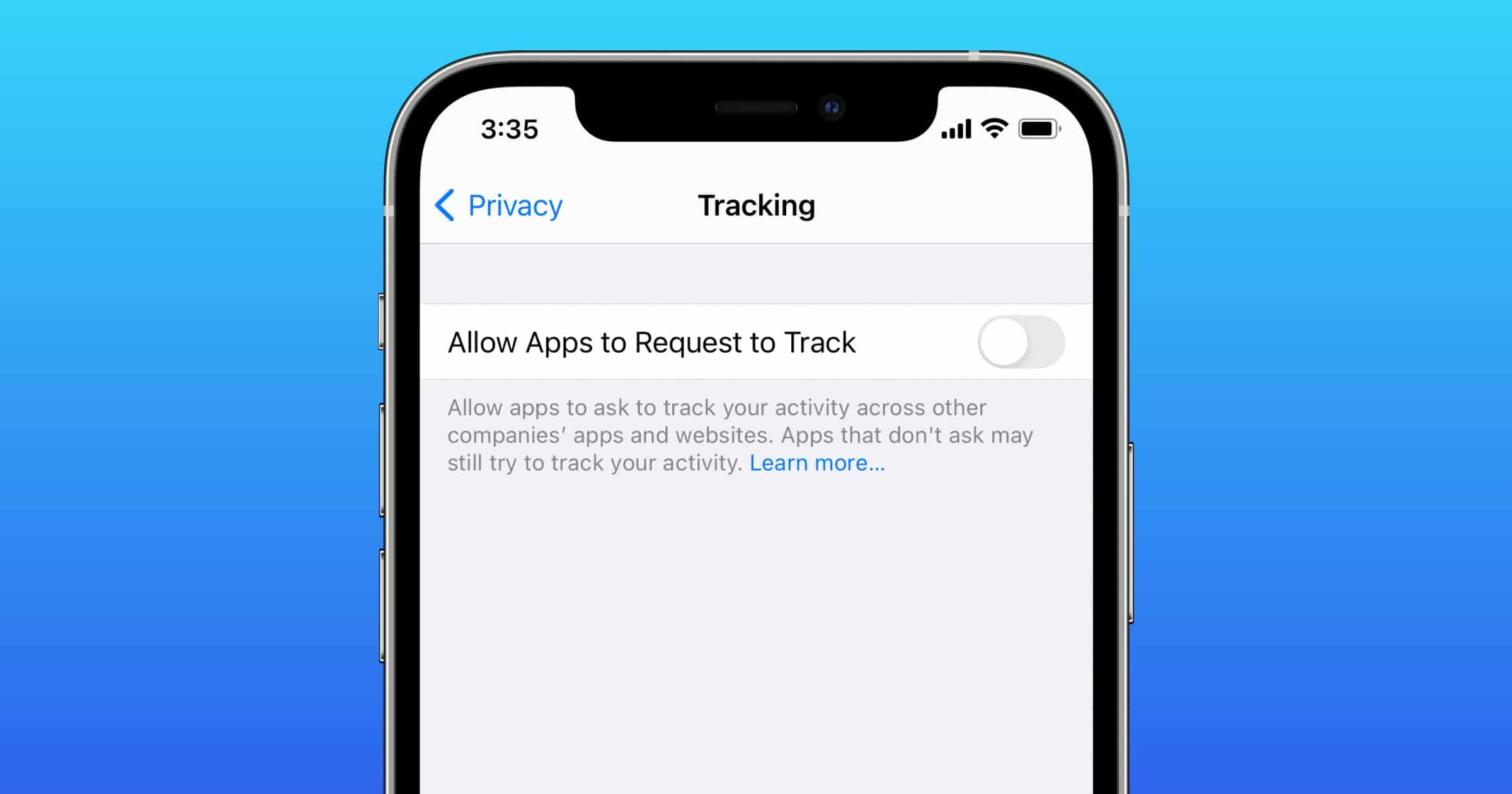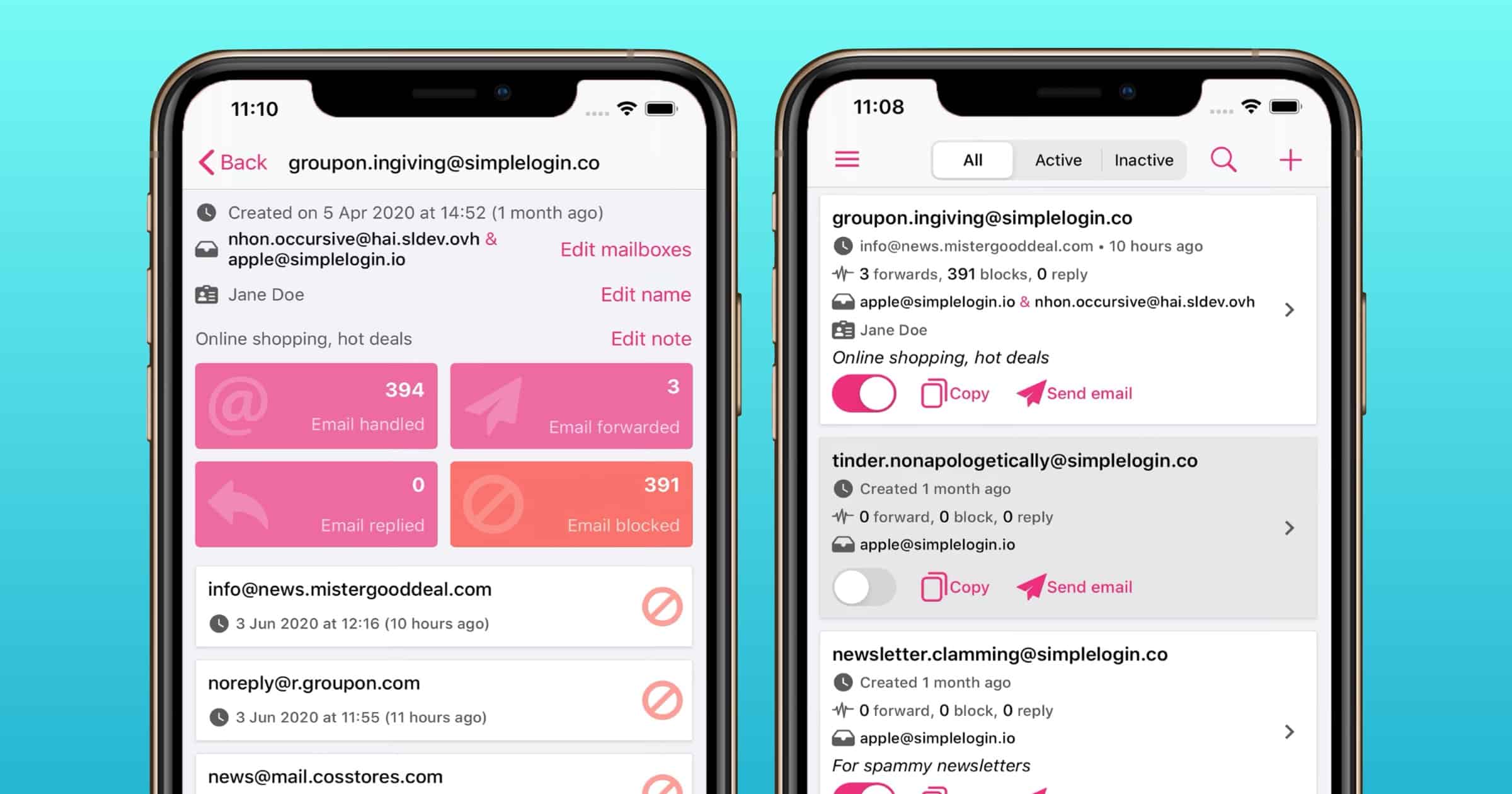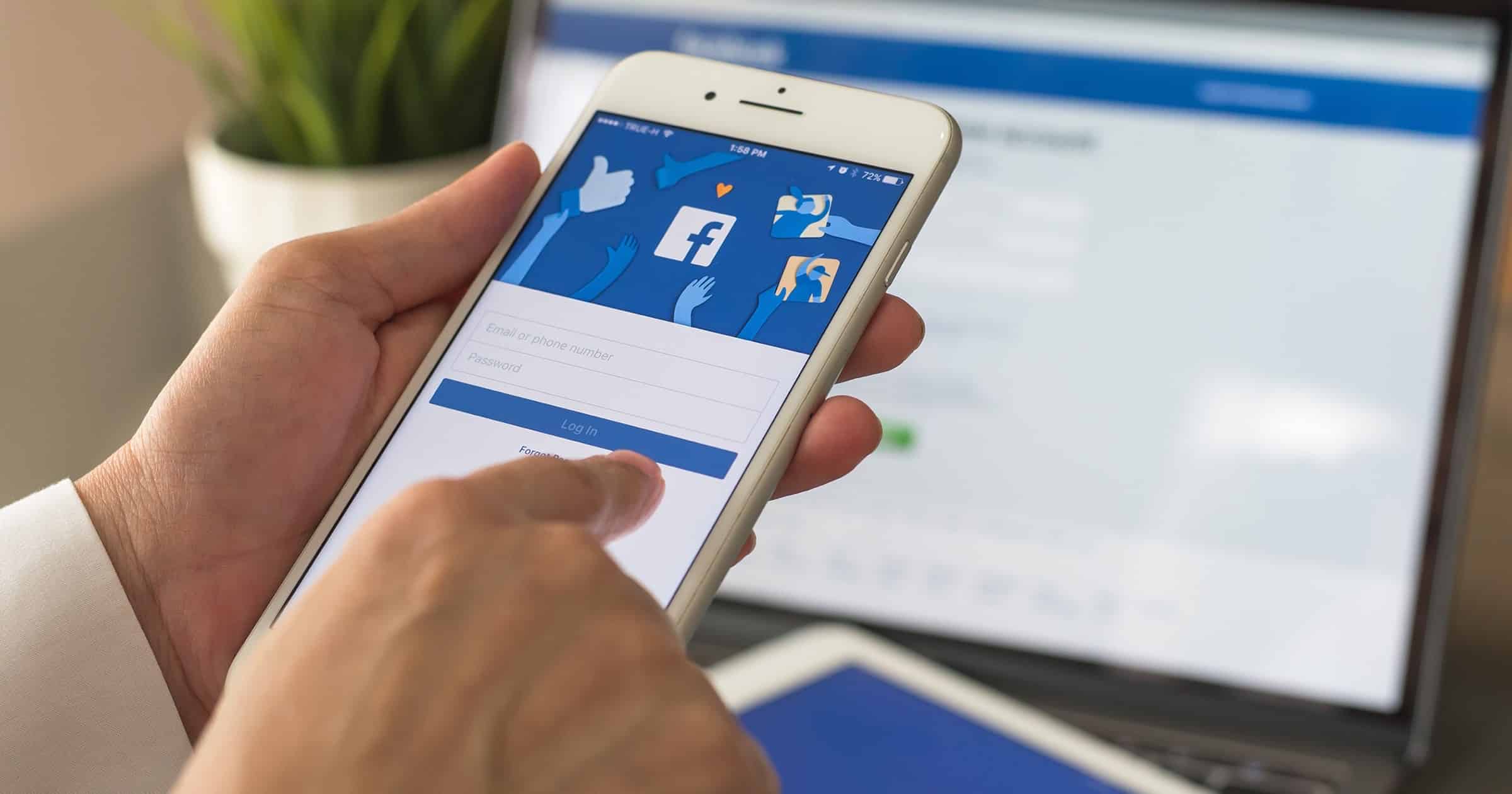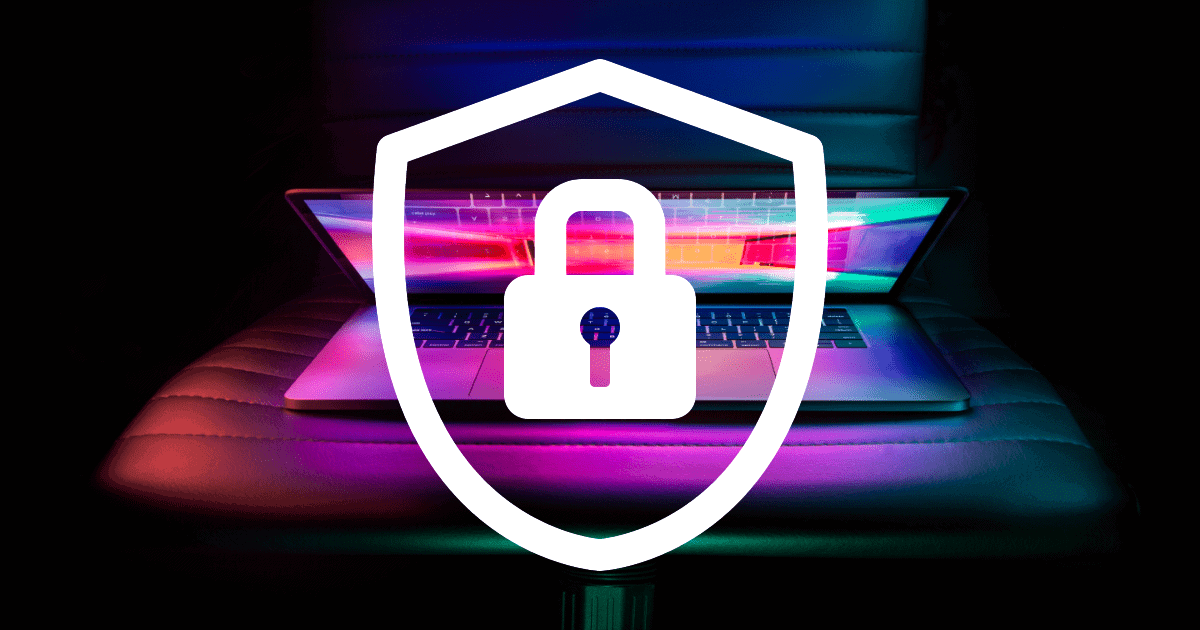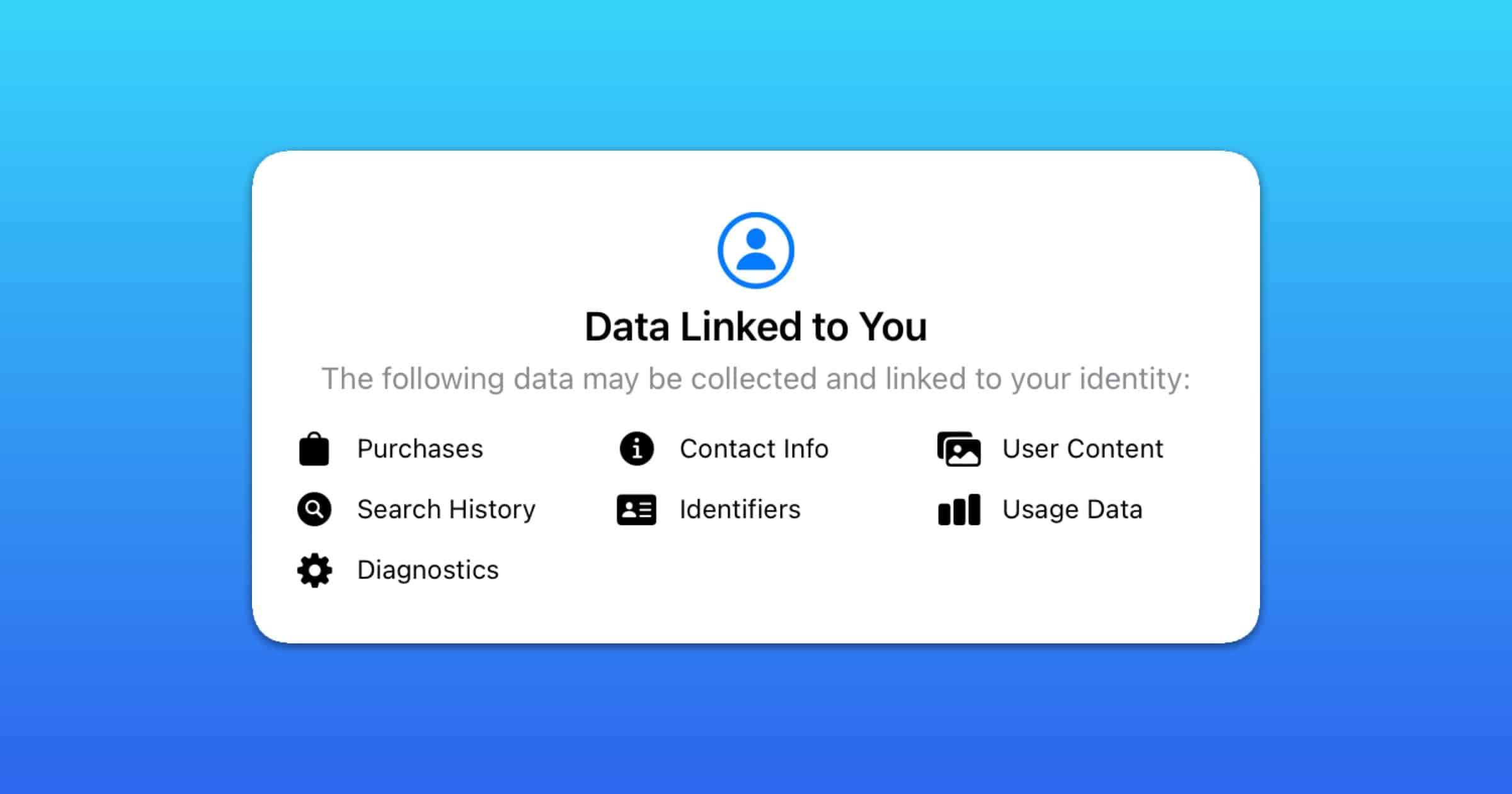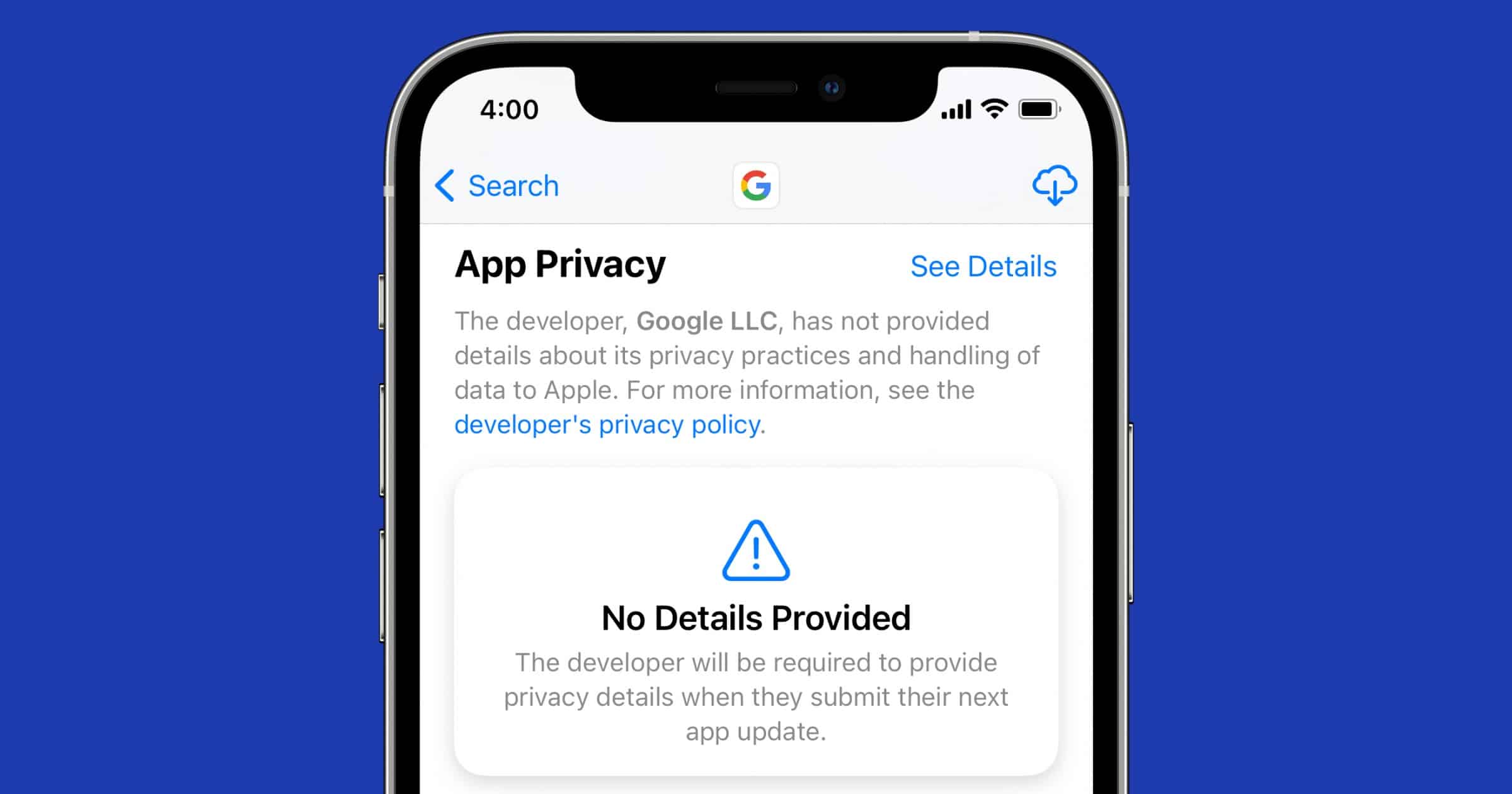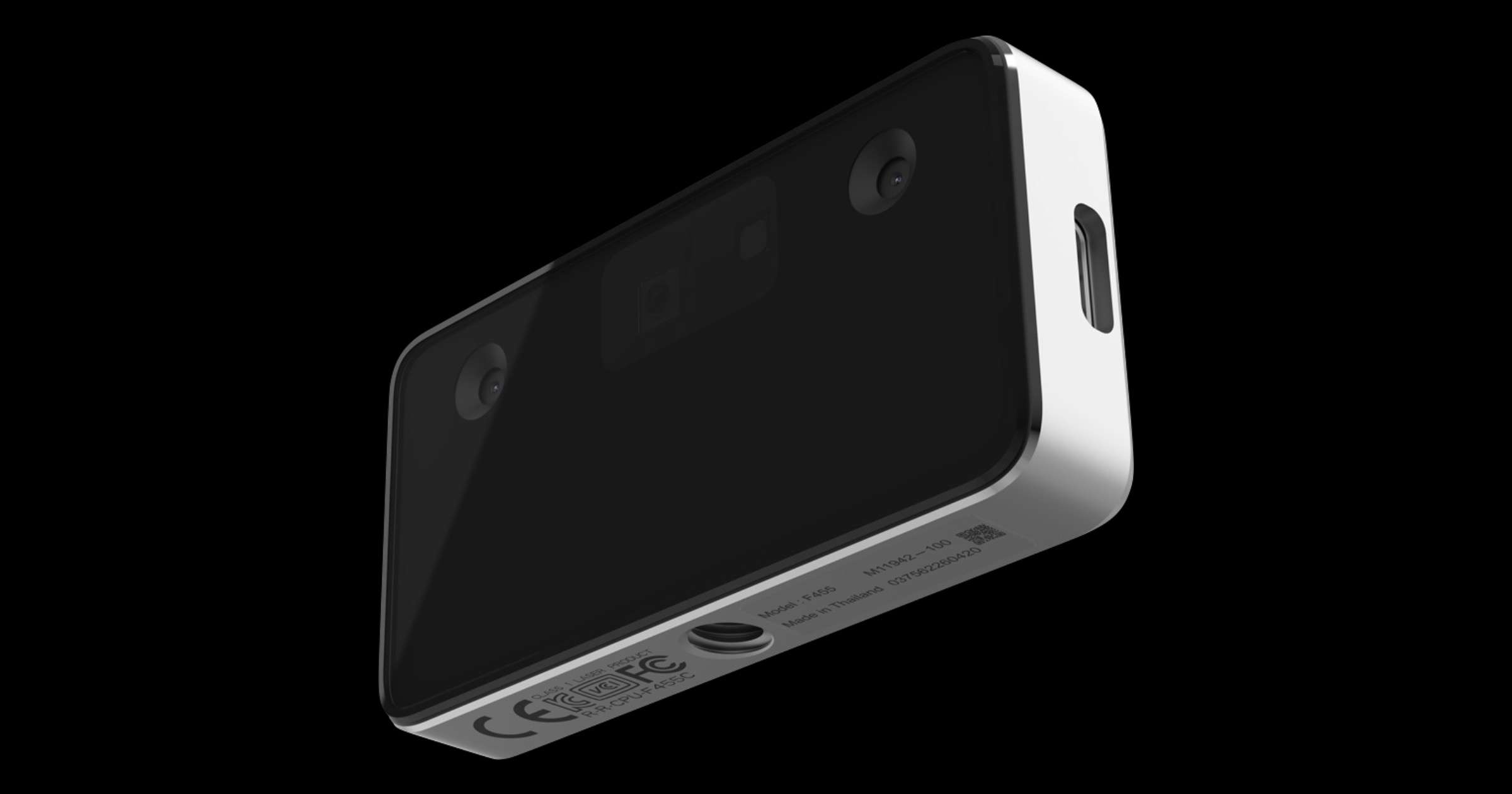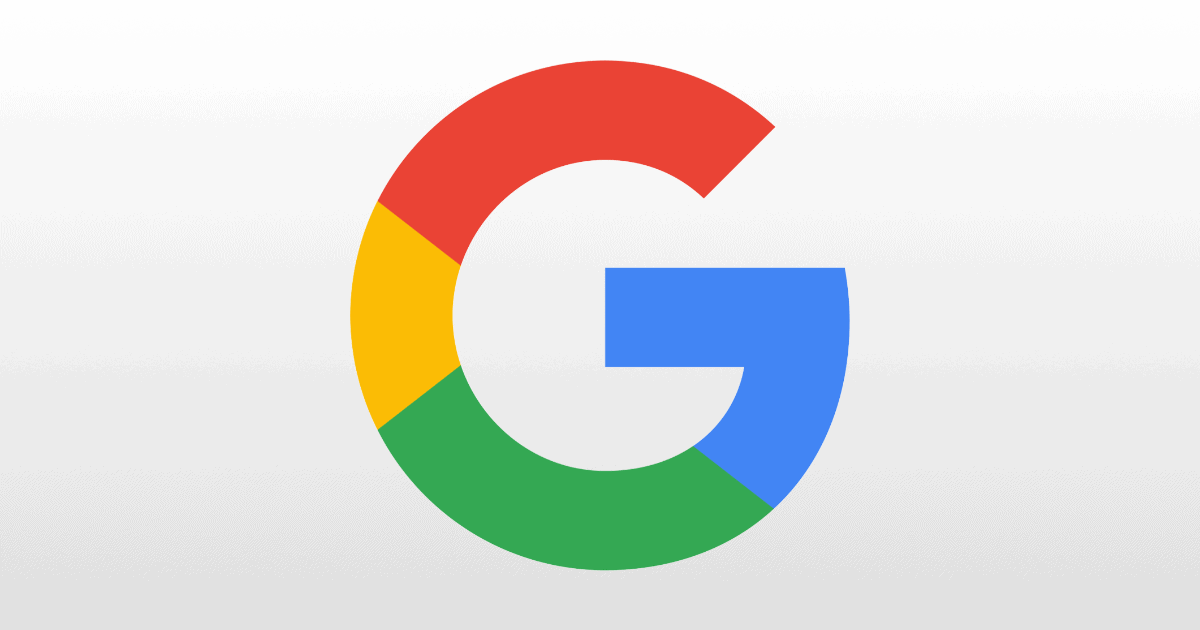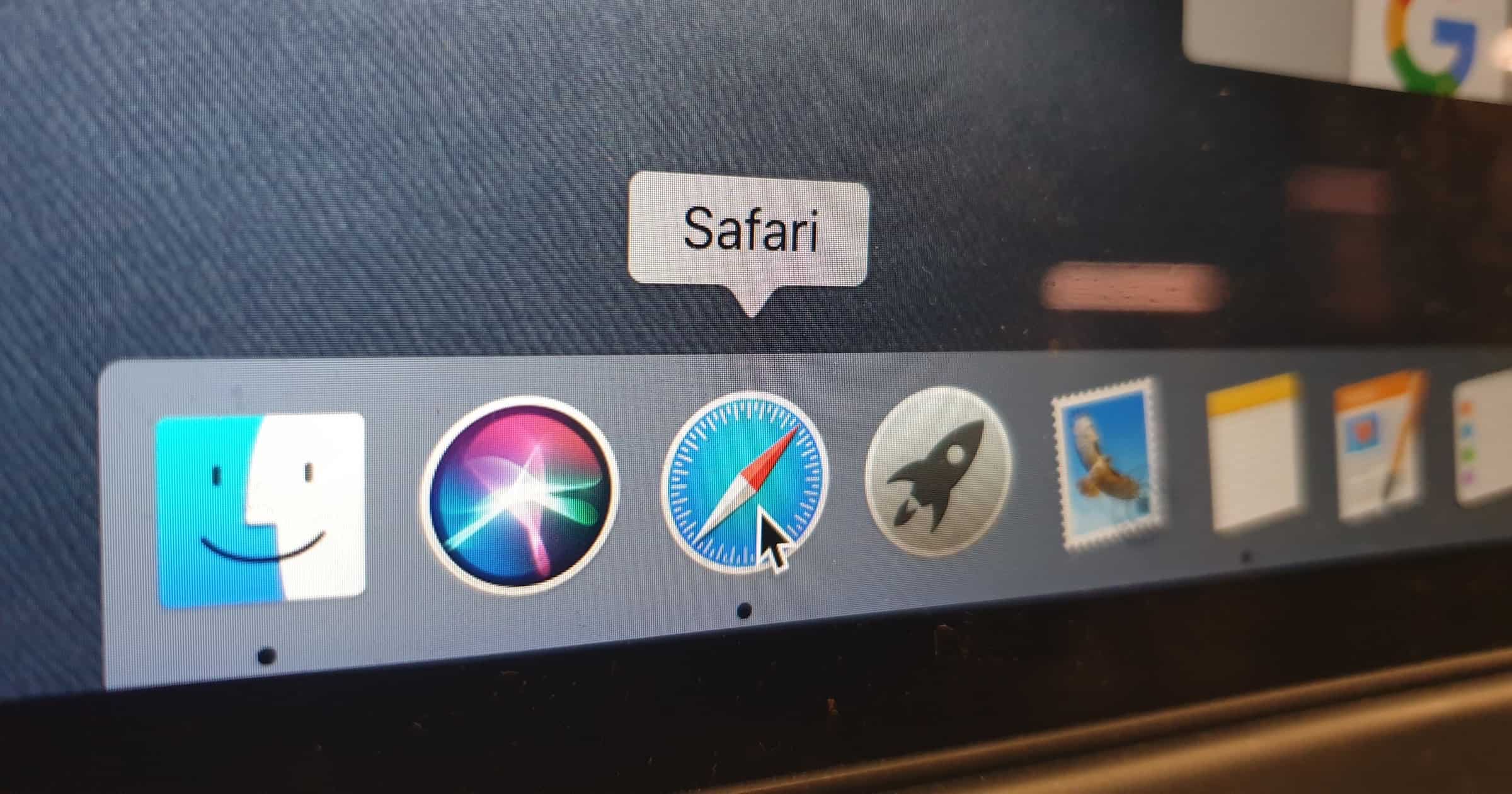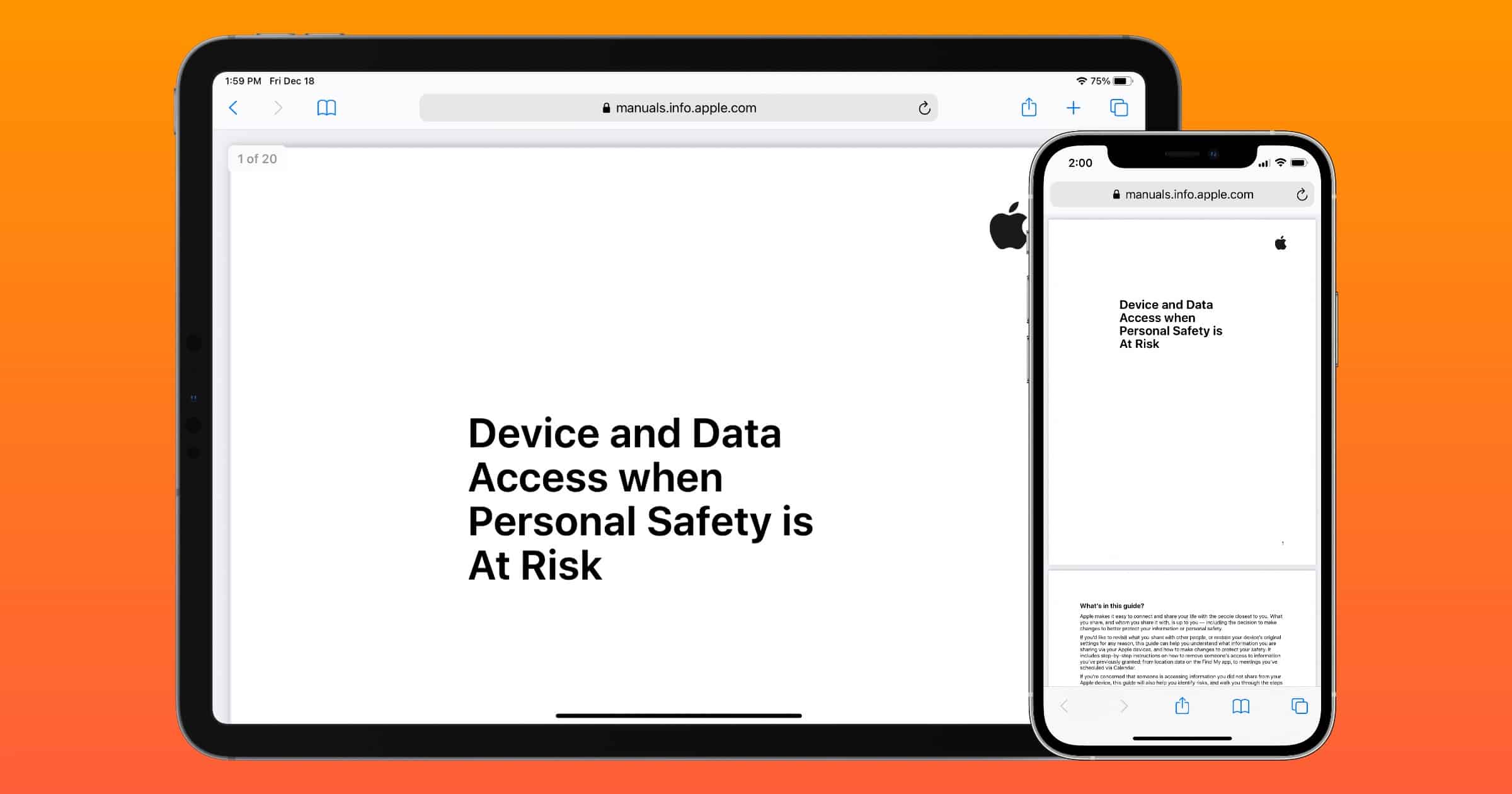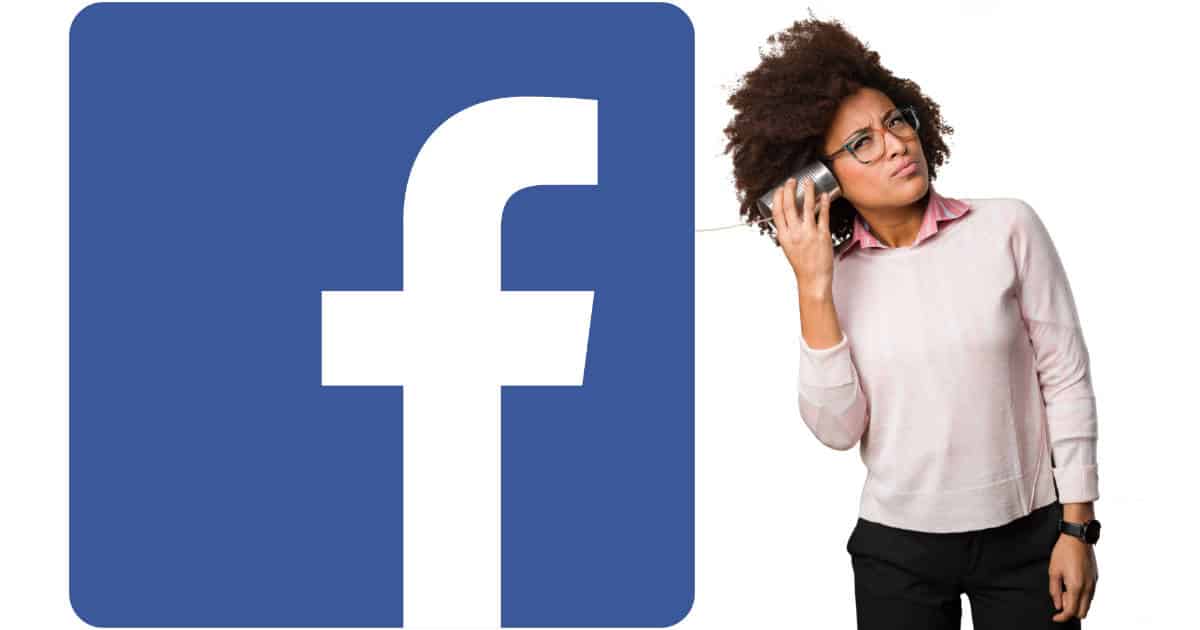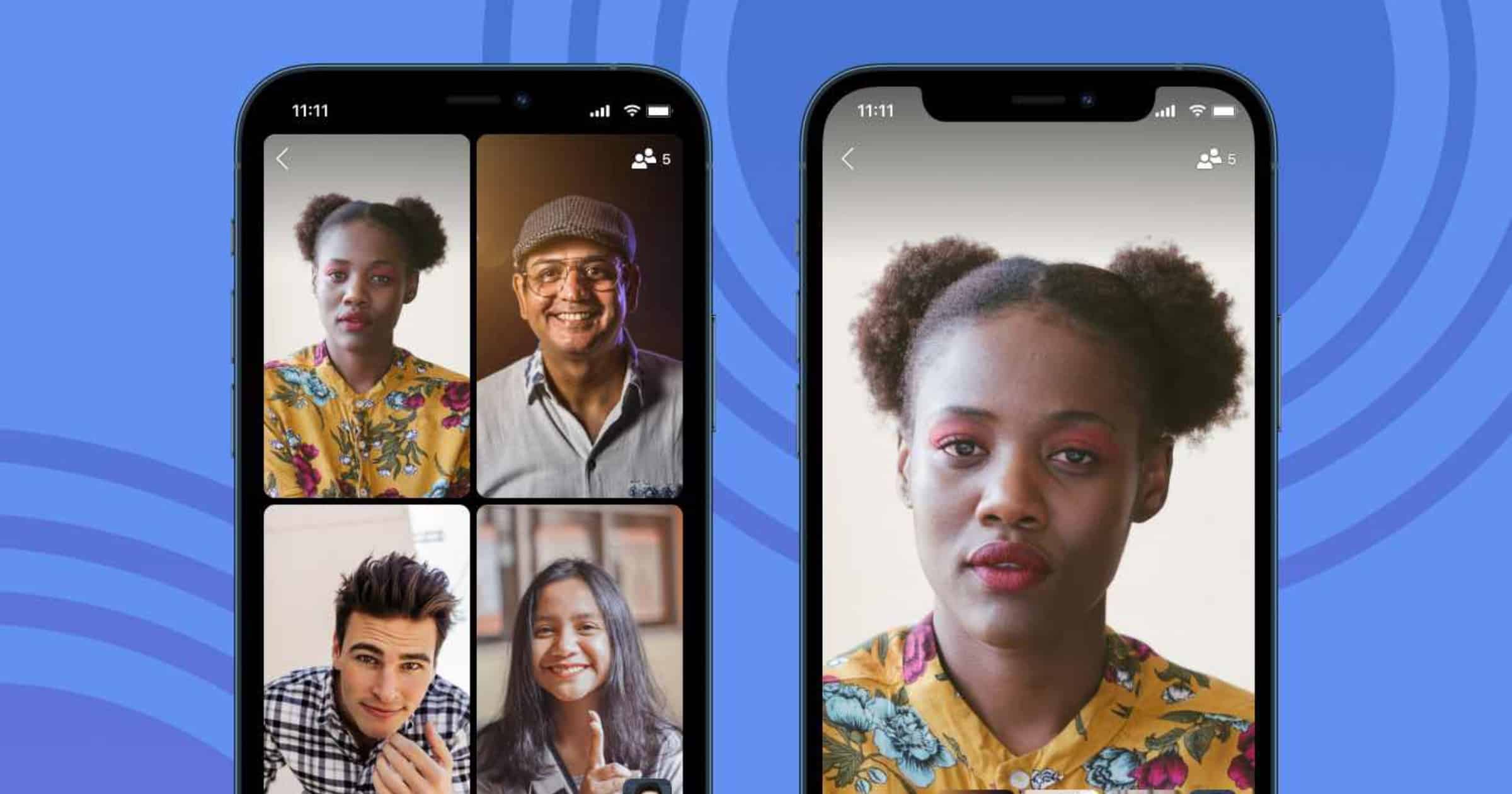Software designer Jonas Strehle discovered that browser favicons can be used to give you a unique ID that can be used to track you across the web. It works even if you use privacy tools like a VPN, incognito browsing, deleting cookies/browser cache, and others.
To be clear, this is a proof-of-concept and not something that Strehle has found out in the wild. Strehle’s supercookie program (which uses a Cookie Monster favicon) is a proof of the concept described by the university researchers.
